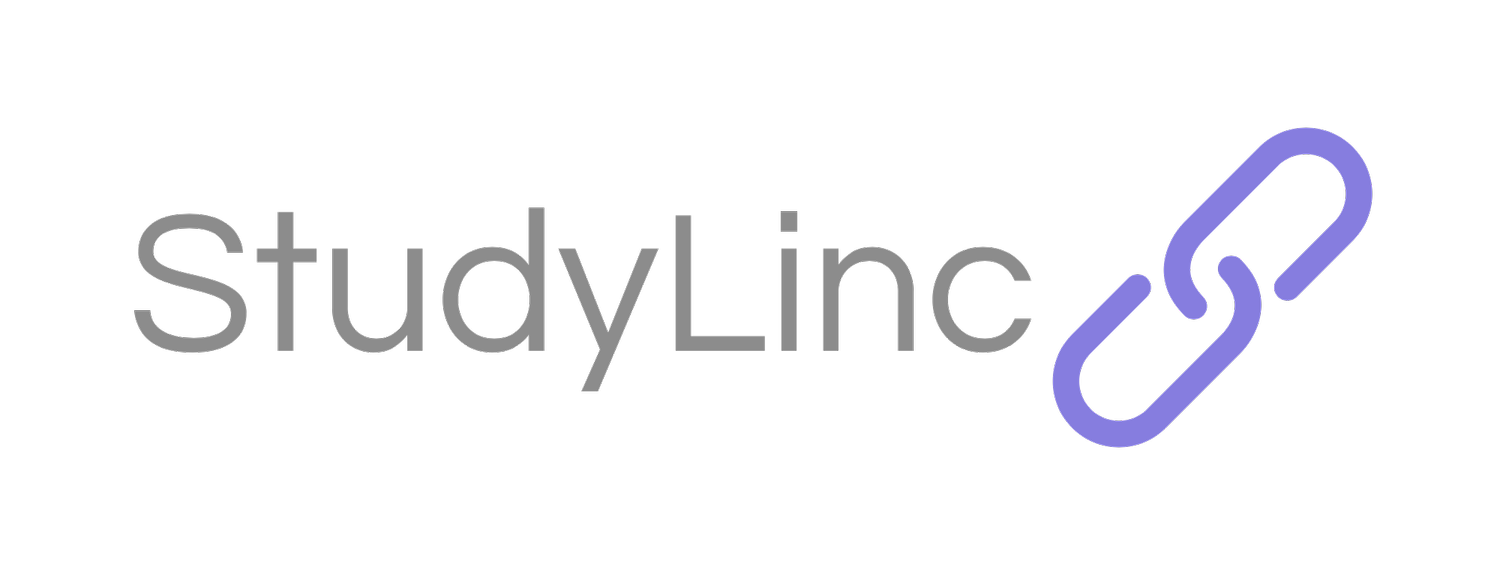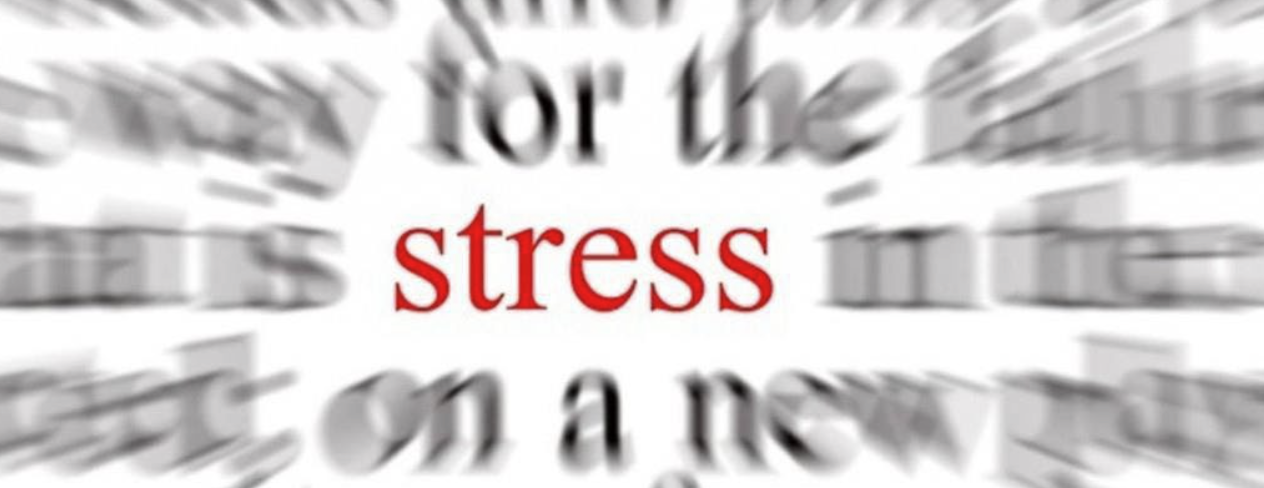Stressed Defined
The bodies response to a perceived challenge or threat
Stress is cumulative in nature
The effect of stress is influenced by cognitive processes
Appraisals of stressors are subjective
3 Parts of Stress
Stress as a Stimulus
Eustress:
Desirable stress
E.g. Getting married, going on a holiday, starting a new job
Distress:
Undesirable stress
E.g. being fired, getting divorced, being bereaved
Some distress may be counterbalanced by enjoyable transactions
Stress can be measured in (LCU) Life Change Units.
11 - 150 : low to moderate chance of becoming ill in near future
150 - 299 : moderate to high chance of becoming ill in future
300 - 600 : high or very high risk of becoming ill in near future
Transactional Model of Stress
3 Types of Stress
Yerkes Dodson Law (1908)
Emotional responses
Stressor (the stimulus)
The bodies response to a perceived challenge or threat
Can be acute (short-term) or chronic (long-term)
Stress response
physiological and psychological
Coping
Adaptive or maladaptive
Primary appraisal:
Assesses the quality and nature of the stimulus
The stressor may be appraised as:
a threat,
a challenge,
or benign
The same stressor may be appraise differently by different people
Secondary appraisal:
Assesses the person’s resources and ability to cope with the stressor
Resources may be:
Internal – strength, determination.
External – social support, money
Acute (Short-term):
A quickly dissipating reaction to an immediate threat
Usually triggers the fight – flight – freeze – fawn response
Intermittent:
Response to a stressor that varies in duration
Associated with physiological toughening and resilience
E.g. being at university
Chronic (long-term):
Common to modern ways of life
Leads to negative health impacts
E.g. financial worries, occupational demands, etc
Stress as a Response
Strong link between appraisals and emotional responses
E.g. helplessness leads to sadness
Positive emotions can reduce adverse physiological effects
Physiological responses
Fight – Flight – Freeze – Fawn
The autonomic nervous system is the preparing for survival
Maybe adaptive in context, but less adaptive for long-term stressors
General Adaptation Syndrome (GAS)
Alarm stage: recognise the threat and mobilise resources
Resistance stage: stress is prolonged and physiological arousal stabilises, but is still above baseline as a coping mechanism
Exhaustion stage: the bodies resources are depleted
Behavioural responses
We seek to master, reduce, tolerate, or avoid the demands created by stress
This may involve:
Learned helplessness
Aggression or frustration
Escapism
Conscious or unconscious defence mechanisms
Constructive coping/self-care – confronting problems directly





